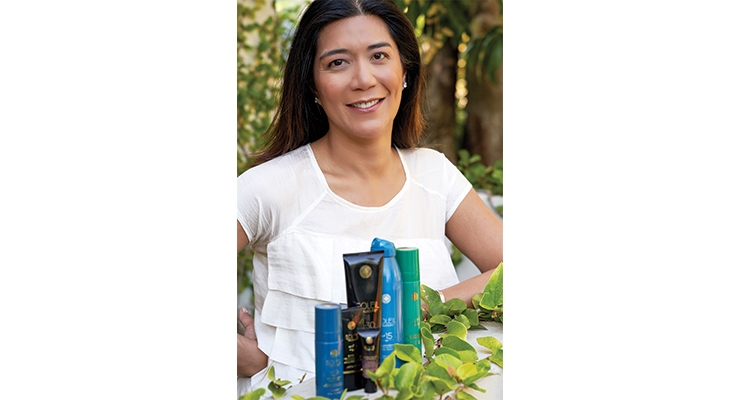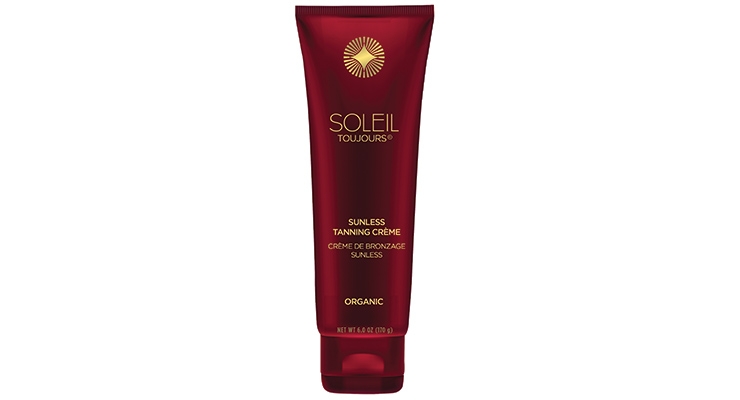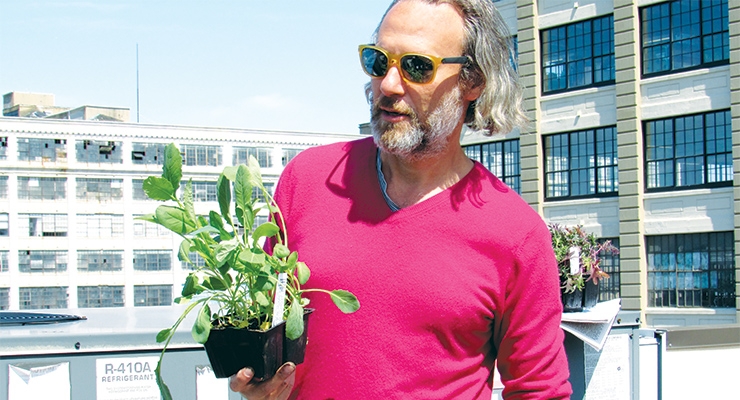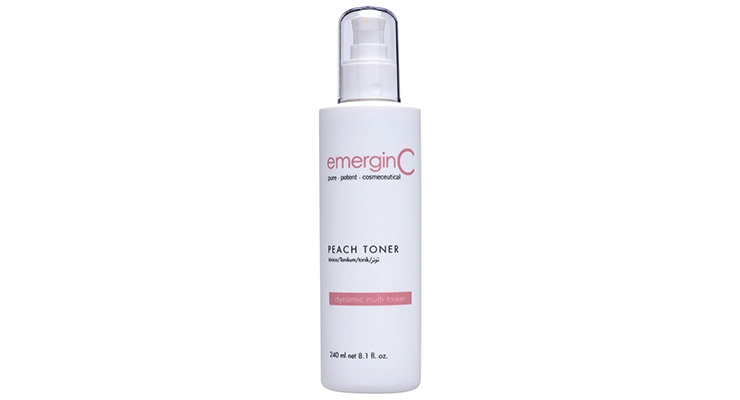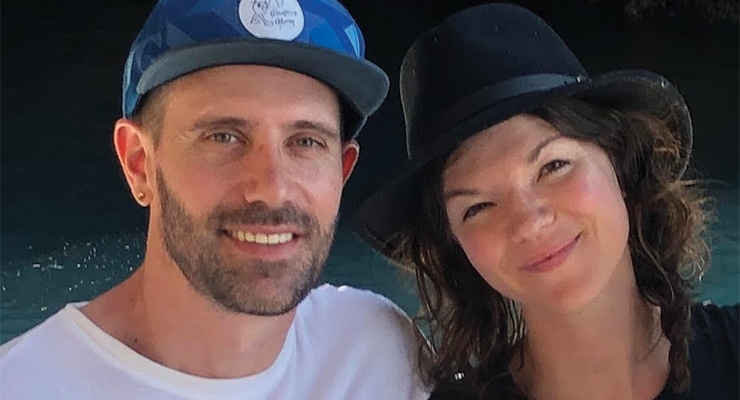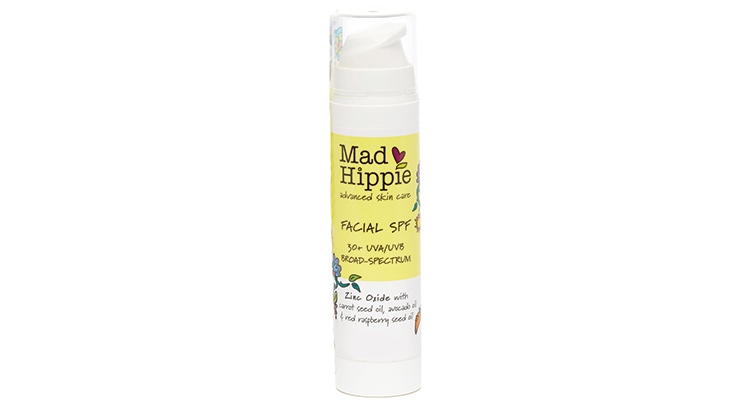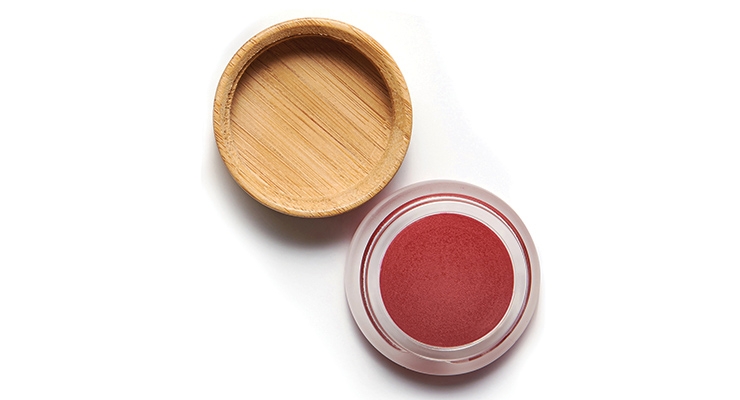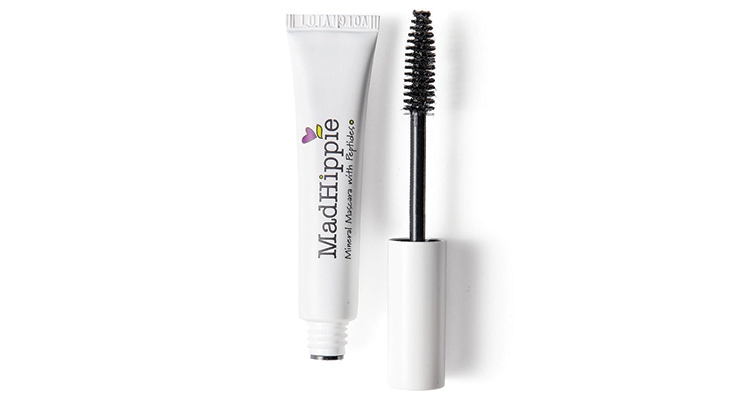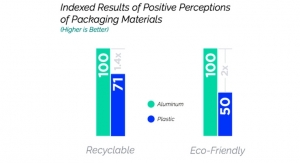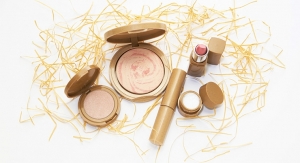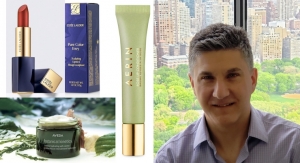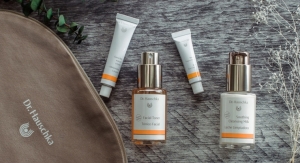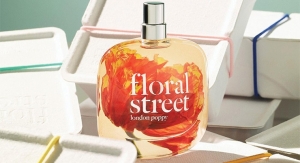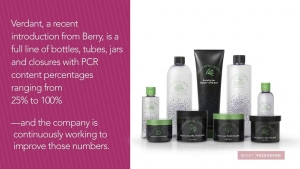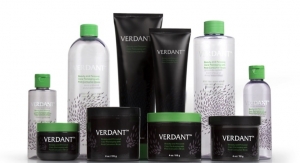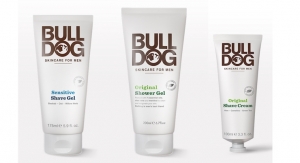Jamie Matusow, Editor-in-Chief08.30.19
With ever-more attention on the environment, a number of consumer brands are using their resources to transition to sustainable packaging wherever possible.
Here’s a look at how three beauty brands, eco-conscious from their starts, have continued to improve their efforts in this regard—recently choosing to transition to packaging made from sugarcane.
These three brand-founder/CEOs say sugarcane packaging is no longer the future, it’s the present.
Valerie McMurray, founder/CEO, Soleil Toujours
“As more and more research on the impact of using plastic comes to light, it would be unconscionable to turn a blind eye to the global environmental crisis that plastic waste has created. Eventually, I reached a reflection point where a transition to sustainable packaging and a commitment to our environment became a new priority.”
“Our steadfast mission at Soleil Toujours is to spearhead a safe sun movement producing products that are safe for our bodies all while protecting our marine life, oceans and environment. On the product front, we use only ingredients that are 100% reef safe as well as non-toxic to our bodies. Operationally, we run at a net-zero carbon footprint by tracking our carbon footprint created by our utility emissions from our warehouse, offices, paper usage, shipping, travel, meals, commutes, etc., and offset these emissions via fully verified offset projects and carbon credit purchases, mainly through our partnership with Cooleffect."
"Next phase of our mission: Replace all of our packaging using sustainable and the most environmentally friendly materials. By 2020, all current petroleum-based polyethylene tube packaging will be replaced with bio-plastics sourced from sugarcane. Sugarcane is processed into polyethylene, creating a renewable plastic that is not derived from petroleum, a fossil fuel."
"Sugarcane is the perfect raw material because it’s highly efficient at photosynthesis, absorbs CO2 from the environment at twice the rate of most plants and grows very quickly with an efficient root regeneration system. Much more to come, but this is a significant step in the right direction.”
—Valerie McMurray, founder and CEO of Soleil Toujours
Ian Lirenman, Founder/CEO, EmerginC
“We are in the process of changing our packaging to glass and sugarcane-based plastics as part of our continued effort to cut down on fossil fuel use and reduce our environmental footprint. Sugarcane substitutes fossil raw materials and decreases greenhouse gas emission by using organic fertilization, and by being a renewable feed-stock."
"Sugarcane is rarely irrigated in Brazil since the water is provided by rainfall. During sugar production, water is used minimally. Sugarcane ethanol only inhabits a small part of Brazil’s arable area. Diseases that threaten sugarcane are treated using biological controls and genetic improvement programs instead of using genetically modified methods.”
—Ian Lirenman, founder/CEO, EmerginC
Sam Stewart, Co-Founder, Mad Hippie
“After looking at a variety of sustainable packaging options, we found that sugarcane plastic tubes [made with sugarcane] grown on sustainable farms was most in line with our brand ethos."
"These bioresin tubes are completely free of any petroleum ingredients and have a dramatically lower carbon footprint tied to their production. The growing of the sugarcane also sequesters CO2 from the air, further adding to its benefit and reduction in carbon footprint."
"Our bioresin tubes can be recycled in traditional facilities alongside normal plastics, meaning they work within the standard framework set up by most municipalities.”
—Sam Stewart, co-founder of Mad Hippie
Mad Hippie’s new cosmetics line, which launched in July, is also made from bioresin sugarcane plastic.

